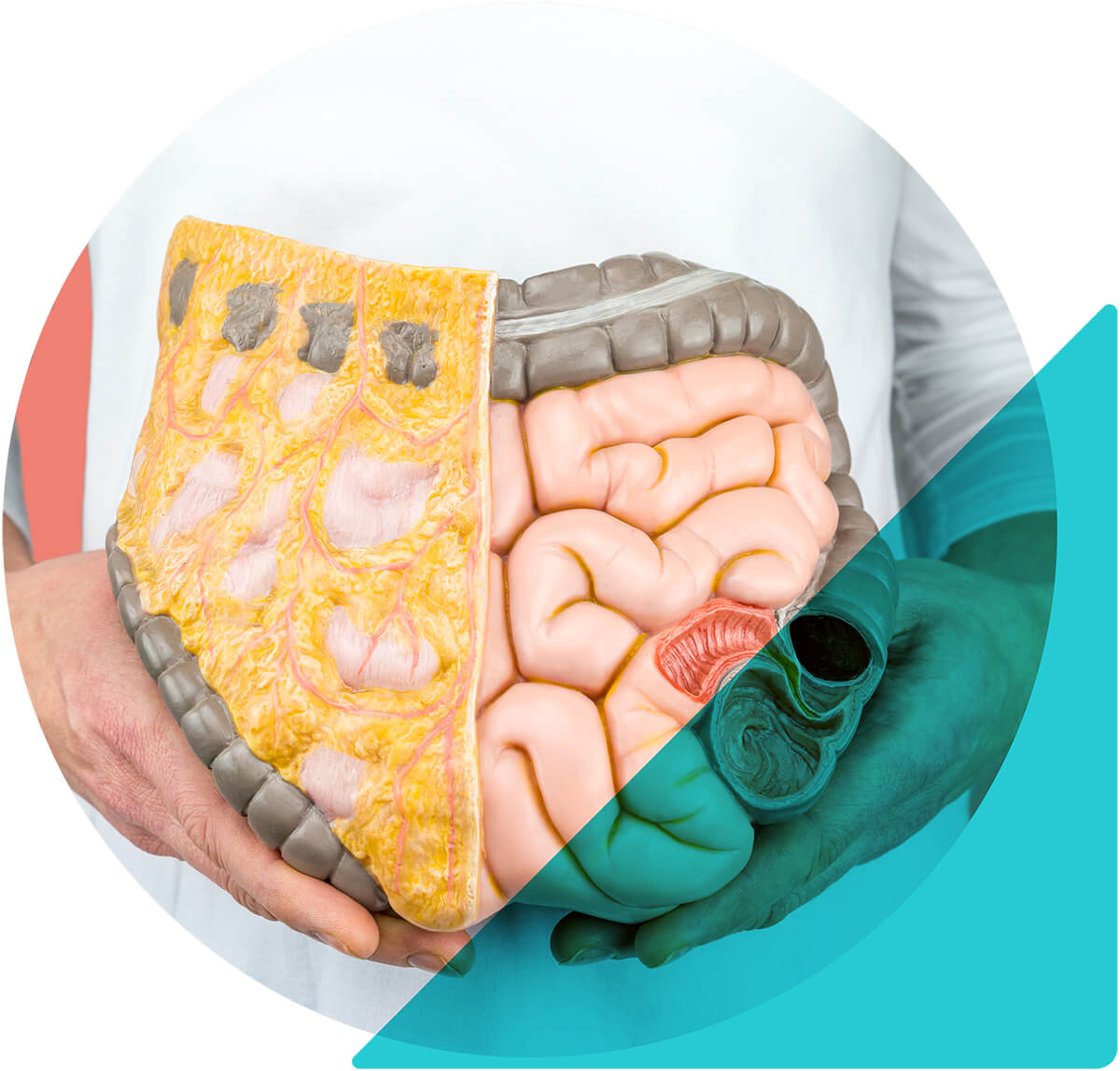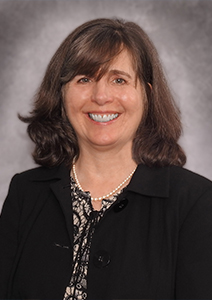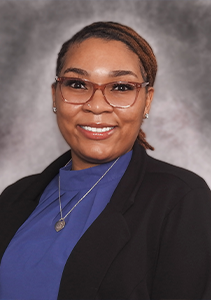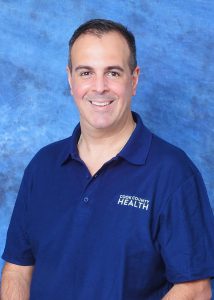Cook County Health’s Colon and Rectal Surgery Residency Program is a world-class program that is among the best in the country with over 40 years of specialty training.
The program is fully approved by the ACGME and residents are trained to become certified by the American Board of Colon and Rectal Surgery.
It is a broadly based and comprehensive surgical training program that provides a diverse, independent and extensive clinical experience within private, public and university hospital settings. Many of its features are unique and set it above and apart from other colorectal residencies. The residents spend equal time at each of three very different institutions – University of Illinois College of Medicine, Advocate Lutheran General Hospital and John H. Stroger, Jr. Hospital of Cook County – to gain experience in a variety of settings.
The program allows residents who have completed five or more years of General Surgery training to apply for one year of specialty training. The program comprehensively trains residents in the use of modern techniques to treat malignant problems of the colon and rectum and benign anorectal disorders, as well as care for patients with inflammatory bowel disease.

The Colorectal Surgery Residency Program serves as a consulting service for Stroger Hospital, UIC and Advocate Lutheran General Hospital. The Division at Stroger Hospital, along with the Section of Surgical Gastrointestinal Endoscopy, performs the majority of inpatient and outpatient colonoscopy and flexible proctosigmoidoscopies examinations for surgery at this institution. The division admits over 500 patients annually and sees approximately 4,500 patients in clinics. Members of the Colorectal Surgery Division have presented a variety of papers at national meetings and have published clinical papers in the various medical journals. Graduates of the program are leaders in the field with nearly 50 percent entering academic practice in recent years.
The strengths of the program are:
Availability and expertise of national leaders in the field
Breadth and depth of clinical activity
Comprehensive evaluation process
Continuity of care for advanced rectal cancer from diagnosis to neoadjuvant chemoradiation therapy, surgery, and follow-up, including multidisciplinary exposure
Diverse, independent and extensive clinic experience
Laparoscopic and robotic surgery experience
Level of clinical independence available to residents
Pathology teaching
Private, public and university hospital settings
Structured education curriculum
Volume of endoscopy
Application
Residents apply for selection in July and August prior to the anticipated start date of Colon and Rectal Residency through the Electronic Residency Application Service (ERAS).
After reviewing the application, the program director and associate program director select applicants for interview in August and September. We currently take three residents each year for one year of training.
Residency selection criteria include but are not limited to the following:
College and medical educational training
Exam scores (ABSITE and USMLE)
General surgery residency program
Interview performance
Letters of recommendation
Personal statement
Research and publications
Didactic Curriculum
The formal teaching sessions are tailored to meet the Institutional and Program Requirements.
Bi-weekly Multidisciplinary Colon, Rectal and Anal Cancer Tumor Board Conference
Journal Club (Evidence Based Reviews in Colon and Rectal Surgery)
Monthly Fellowship Colon and Rectal Surgery Morbidity and Mortality Conference (across institutions)
Lutheran General Multidisciplinary
Review, Preoperative Preparation and Indications Conference
Weekly Clinical Pathology
Weekly Didactic Lecture Series
Weekly Departmental (Rush + Cook County) Surgical Morbidity and Mortality Conference
Weekly Departmental UIC Surgical Morbidity and Mortality Conference
Quarterly Colorectal Jeopardy in a faculty home


